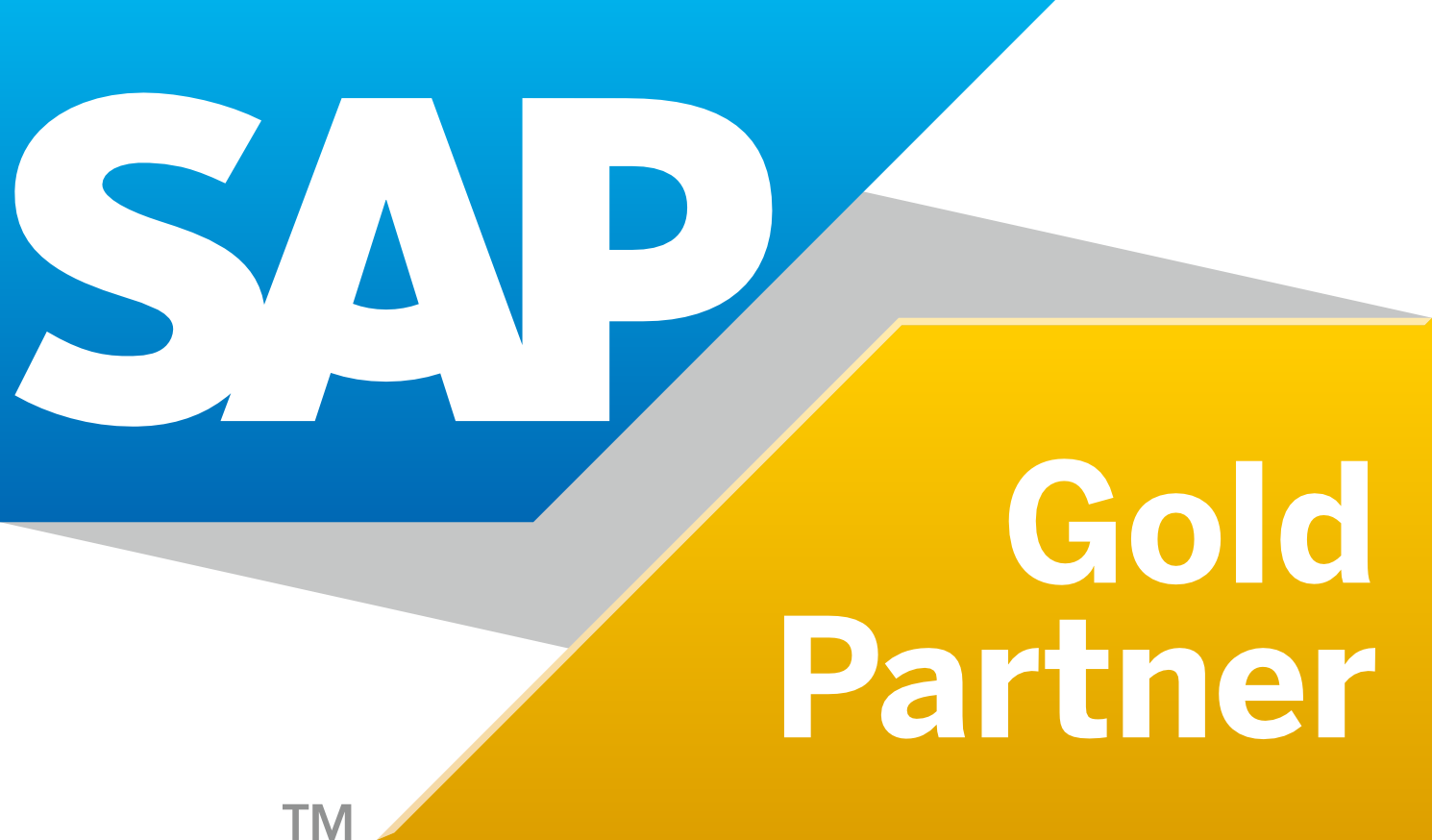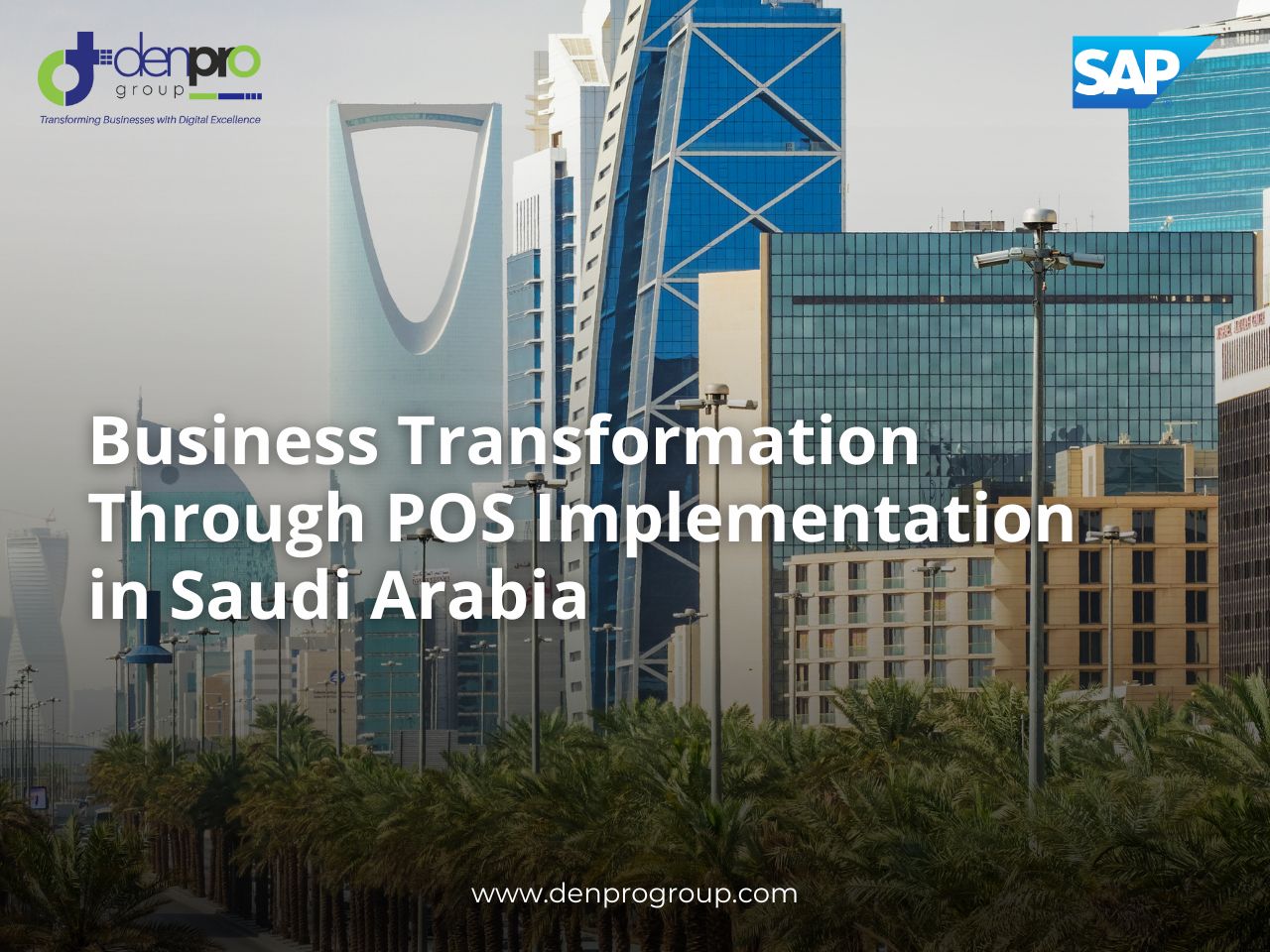
POS Software Providers in Saudi Arabia and How They Shape Business Growth
Saudi Arabia’s retail and hospitality industries are advancing. Businesses want reliable, expandable, and secure point-of-sale systems which satisfy local needs, irrespective of whether they are in the expensive malls of Riyadh or the crowded souks and larger food delivery systems of Jeddah and Dammam. The significance of SAP for large-scale companies, how to select the ideal POS software provider in Saudi Arabia, and how to supervise technical transitions and integrations in order to preserve sales records, customer trust, and seamless operations are all discussed in this article.
The Importance of Picking the Right POS in Saudi Arabia
There is certainly much more to a point-of-sale system aside from a cash register. It supports essential operations like the creation of reports, processing of payments, managing inventory, and loyalty programme maintenance. In Saudi Arabia, as digital payment use grows, VAT rules tighten, and omni-channel retail gets more popular choosing the right POS can:
1. Work with local payment methods and gateways.
2. Create VAT-compliant invoices and handle fiscal reporting needs.
3. Connect with systems like ERP (SAP) to manage finances, inventory, and purchasing.
4. Expand operations across stores and regions, including franchise setups.
5. Offer Arabic language options and right-to-left interfaces when needed.
Picking a vendor familiar with local rules and cultural practices matters a lot. While many global providers offer solutions, having local expertise often simplifies the process of setup and deployment.
Key Features to Assess in POS Software Providers
When choosing POS software providers in Saudi Arabia, focus on these areas of functionality and operations:
- Payments and Security
1. Check for PCI DSS compliance, tokenization, and compatibility with local payment systems.
2. Look for end-to-end encryption and role-based access features.
- Tax and Compliance
1. Ensure it handles VAT and generates receipts and audit logs that meet compliance rules.
2. Verify that it includes regulatory updates and assistance to adapt to legal changes.
- Multi-Channel and Inventory
A centralized system should handle inventory, stock reservations, and returns both online and in stores.
- Localization
It ensures Arabic support across languages, formats for currency and date or time, and uses RTL design when required.
- Integration
It includes ready-made connectors or APIs to link with ERP tools like SAP, platforms for CRM, loyalty programs, and systems for eCommerce.
- Deployment and Support
1. Businesses can choose to deploy on-cloud, on-premises, or as a mix of both.
2. Local implementation comes with always-on support provided by teams who can communicate in Arabic.
- Analytics and Reporting
It offers real-time dashboards, insights into sales performance, and financial reports that can be exported to help finance teams and auditors.
POS Implementation in Saudi Arabia – Best steps to take
Rolling out a POS system in Saudi Arabia needs more than just buying the software. Take these actionable steps:
- Set clear business goals.
Decide if the aim is quicker checkouts, better inventory management adding omnichannel features, or boosting customer loyalty. These goals shape how you will configure the system. - Document processes.
Write down how checkout, refunds, promotions, and inventory work. This helps spot any gaps and makes configuring the system smoother. - Decide how to deploy.
Large retail chains pick cloud systems for fast rollout and centralized management. High-end luxury stores might go with hybrid or on-site systems to get more performance and customization. - Test in a small setting.
Start by running the system in 1 to 3 pilot stores. This checks if the hardware fits, ensures staff get proper training, and confirms all integrations work well. - Provide training to front-line workers.
Cashiers, managers, and inventory staff need training that focuses on their specific tasks. This should happen in both Arabic and English. - Track KPIs after launch.
Keep an eye on checkout speed, mistakes during transactions, and stock records to identify problems. - Prepare to maintain it long-term.
Make sure the vendor provides timely updates to handle tax changes and fix software issues.
Why SAP Integration Is Important
Big retail companies and hospitality groups in Saudi Arabia often use SAP to manage finance, supply chains, HR, and procurement. Connecting POS systems to SAP has multiple advantages.
- Single source of financial truth:
SAP finance modules receive data about sales, discounts, refunds, and taxes. This reduces the need to reconcile financial records. - Precise inventory tracking:
SAP inventory updates almost when transactions happen at the POS. This supports better procurement and planning for demand. - Customer and loyalty data alignment:
Businesses can integrate customer profiles and loyalty points between POS systems and SAP CRM or customer-related data modules. - Simplified reporting and compliance:
Centralized systems make audits easier and help with mandatory filings and reporting.
Since SAP systems often involve complex landscapes with multiple modules, custom setups, and older interfaces, it is important to plan integrations . Including both the POS and SAP teams can avoid future challenges.
SAP Migration Services in Saudi Arabia — what you should know
A lot of companies take on migration projects, like upgrading old SAP systems, shifting SAP to the cloud, or adding new SAP features. If your POS system needs to work with a changed SAP setup, it is important to think about these key points:
- Discovery and Assessment:
Skilled SAP Migration Services in Saudi Arabia will review your current SAP setup, analyze custom coding, check system interfaces, and evaluate data quality. They will then create a migration plan that fits your business goals. - Phased Migration Plan:
Breaking the migration into steps, like from non-production to pilot to production, can lower risks. At every step, make sure to test how the POS system works with SAP. - Cutover Planning:
Plan the POS switch-over timing to match with the SAP go-live date. This avoids issues like sales data errors since sales transactions are frequent and time-sensitive. - Rollback and backup planning:
A well-prepared rollback strategy protects POS transactions during unexpected failures to ensure all sales get recorded. - Validation after migration:
Check sales records, inventory, and financial data . Confirm automated systems and interfaces work as expected.
Collaborating with vendors who know both SAP systems and retail or POS integrations is essential. Local experts in Saudi reporting rules can offer specific and necessary assistance.
Critical steps in migrating data to SAP for POS systems
Getting data migration right is crucial to successful integration. POS logs past sales, loyalty points, and product details must transfer properly. Important actions to take include:
- Profile and clean the data.
Find duplicate entries, mismatched SKUs, or broken transactions. Fix the data before migrating. This avoids issues from bad data causing bigger problems later. - Set up standardized data models.
Align source POS fields with SAP fields. Make SKUs, tax codes, and customer IDs consistent. - Validate records at the field level.
Check that all required SAP fields are filled in or matched . - Leverage middleware to transform data.
Middleware tools like SAP PI/PO, SAP CPI, or third-party ESBs prepare POS data for SAP formats. - Step-by-step migration and balancing.
Move old data in smaller chunks. Compare totals with older reports after each step. Track and keep logs for every group migrated. - Plan for storing old data.
Pick what past data needs to go into SAP and what can stay in a separate system to save on costs and keep things running. - Rules and safety measures.
Protect customer details and payment info by using encryption. Set up access based on user roles. Follow both local and global rules for how long you keep the data.
How to Pick SAP Companies in Saudi Arabia
Choosing a good SAP company helps connect POS with SAP better. Find companies that:
- Understand Saudi laws and are familiar with VAT procedures.
- Share skills in retail or hospitality sectors with experience in POS integration projects.
- Deliver complete services ranging from initial discovery through to migration, testing, and ongoing support.
- Apply trusted migration strategies and showcase past successful projects.
- Ensure effective project management by covering areas like user training and managing changes.
Ask to review case studies on retail or hospitality makeovers and request references from firms that operate on a similar scale and level of complexity.
Comparing local and global POS providers — benefits and drawbacks
- Global platforms (the big adopted POS systems) often offer strong features, constant updates, and worldwide best practices. They may need significant customization to meet local needs and can also come at a higher price point.
- Local suppliers know Saudi business practices well. They offer easy links to local payment systems and can deliver quicker support on-site. While they might not include all the fancy features of international platforms, they often provide customized value to match local needs.
Combining a global POS solution with help from a local integrator often creates the best mix of advantages.
Changes for surveillance
- Cloud-based selling systems and adaptive frameworks facilitate system capacity expansion and speed up updates.
- The application of mobile and contactless payment procedures, such as QR codes and app-based techniques, is rising.
- Real-time price modifications, personalized offers, and forecasting of demand are all made simple through AI tools.
- Stronger integration of POS and ERP systems because organisations demand real-time money and inventory updates.
Essential investigations to make before to employing a POS service
- Does the system take local tax laws and VAT into consideration?
- Is there an established approach for connecting with SAP, and has the vendor previously worked with SAP?
- Is it prepared for handling both online and in-store services and developing with the business?
- Are there any teams in the area available to support and take action?
- Is an exhaustive plan in place for integrating data into SAP and correct records?
- What are the uptime, security, and data recovery guarantees?
The effortless running of your organisation, customer interactions, and financial reporting are all dependent on your choice of the top POS software distributor in Saudi Arabia. Getting partners who have experience about both POS systems and SAP settings should be your top concern if the company you run employs SAP. Work with SAP Migration Services in Saudi Arabia and SAP Implementation Companies in Saudi Arabia from the start. Include Data Migration with SAP as a key part of your planning, and stick to reliable POS Implementation in Saudi Arabia approaches to cut down disruptions and get the most value.
FAQs
1. What are the key benefits of POS Implementation in Saudi Arabia?
It helps businesses comply with VAT laws, supports popular local payment methods, improves inventory tracking, and offers live sales data that helps make better decisions.
2. Why is SAP integration important for POS systems?
Connecting POS systems to SAP ensures proper financial records, keeps inventory data current, and organizes information in one place to make operations easier and follow rules.
3. What do SAP Migration Services in Saudi Arabia include?
They involve checking systems, planning gradual moves, running tests, organizing cutover steps, and giving help after migration to make sure everything shifts with no interruptions.
4. How does Data Migration with SAP affect POS systems?
It helps transfer historical sales records, customer loyalty details, and product data safely maintaining continuity and ensuring correct reports after integration.
5. How can I pick SAP Implementation Companies in Saudi Arabia?
To select one check if they have retail experience, understand local VAT rules, know SAP integration well, and have good feedback from clients.







